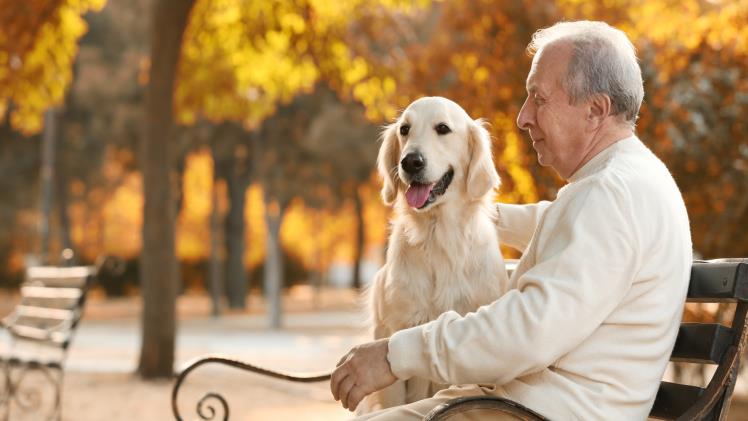Pets have been a part of human culture for thousands of years. From topportal ancient times to the present day, pets have played a variety of roles in our lives and in our societies. In this article, we’ll explore the different ways that pets have been a part of our culture and the impact that they have had on us.
Companionship and Emotional Support
One of the primary roles that pets play in our culture is that of companions and sources of emotional support. Pets provide us with unconditional love and affection, and they are always there for us when we need them. They can help reduce stress, anxiety, and depression, and they can provide us with a sense of purpose and meaning.
For many people, pets are considered to be members of the mywikinews family, and the bond between humans and animals is often as strong as the bond between humans themselves. This is evident in the way that pets are treated in our culture, with many people going to great lengths to provide their pets with the best food, medical care, and living conditions possible.
Working Animals
Pets have also played an important role in our culture timesofnewspaper as working animals. Throughout history, dogs have been used for hunting, herding, guarding, and even as war animals. Cats have been valued for their ability to control rodents, and horses have been used for transportation, farming, and warfare.
Even today, many animals are still used for work. Guide dogs help the blind and visually impaired navigate the world, while therapy animals provide emotional support to people in hospitals, nursing homes, and other care facilities. Police dogs help keep our communities safe, and search-and-rescue dogs help locate missing persons in times of crisis.
Commodities
Unfortunately, not all animals are treated as newspaperworlds members of the family or valued for their working abilities. In some cultures, animals are viewed primarily as commodities, used for their meat, fur, or other products. While this is not the case in all cultures, it is still a significant part of the role that pets play in our world.
In recent years, there has been growing awareness about the mistreatment of animals in the production of food and other products, and many people are now choosing to adopt a vegan or vegetarian lifestyle in order to avoid contributing to this mistreatment.
Symbolism
Pets have also played a role in our culture as symbols of various things. For example, the cat has long been associated with independence and self-sufficiency, while the dog is often seen as a symbol of loyalty and devotion. In some cultures, animals are even seen as spiritual guides or symbols of the divine.
In popular culture, pets are often used to convey certain messages or ideas. For example, the character of Lassie, a heroic collie, has become an enduring symbol of loyalty and bravery. Similarly, the film “Marley and Me” tells the story of a family and their mischievous dog, and has become a beloved symbol of the joy and chaos that pets can bring to our lives.
Conclusion
In conclusion, pets have played a variety of roles in our Newsmartzone culture throughout history. They have provided us with companionship and emotional support, worked alongside us in various capacities, been viewed as commodities, and even served as symbols of various ideas and values. Whether they are valued as members of the family or seen primarily as working animals or commodities, there is no denying the important role that pets have played in our culture, and the impact that they have had on our lives.

